Judge says DNR can't enforce pollution law without listing hazardous substances - Madison.com
A Wisconsin judge says the state Department of Natural Resources cannot enforce the state's pollution law without first establishing a definitive list of hazardous substances approved by the Legislature.
Waukesha County Circuit Judge Michael Bohren ruled Tuesday in favor of the state’s top industry lobby and an Oconomowoc dry cleaning business, finding the DNR cannot legally require cleanup of toxic PFAS compounds and other contaminants because they are not identified as hazardous substances.
Bohren said the DNR has a responsibility to enforce the law, but the current policy is invalid because the agency has not created a list of hazardous substances or explained how it determines when a substance is dangerous.
“It isn’t a game basically of take your best shot and see if you’re a winner," Bohren said. "It has to be that the responsible party and other members of the public know what the rules are ahead of time.”
Assistant Attorney General Gabe Johnson-Karp said the state would appeal once Bohren issues a written order, which could negate the DNR’s authority to require polluters to clean up spills.
Bohren agreed to put the order on hold until at least June 6 to avoid what Johnson-Karp said would be “regulatory uncertainty” caused by the “potentially sweeping effects” of the ruling.
“There is significant concern about the impact this will have on properties currently in remediation (such as) brownfield projects,” Johnson-Karp said.
A coalition of environmental and public health advocates warned the decision, if not reversed, would remove “the only meaningful protection we have to address PFAS contamination.”
Wisconsin Manufacturers and Commerce, which brought the lawsuit, said the decision “assures the business community that regulators must operate within their own authority.”
“When the government ignores the rulemaking process, employers are left in the dark as to what regulations they must follow,” said WMC spokesperson Scott Manley. “Businesses cannot afford to have that kind of uncertainty, and we do not think it is too much to ask for DNR to simply follow the law as written.”
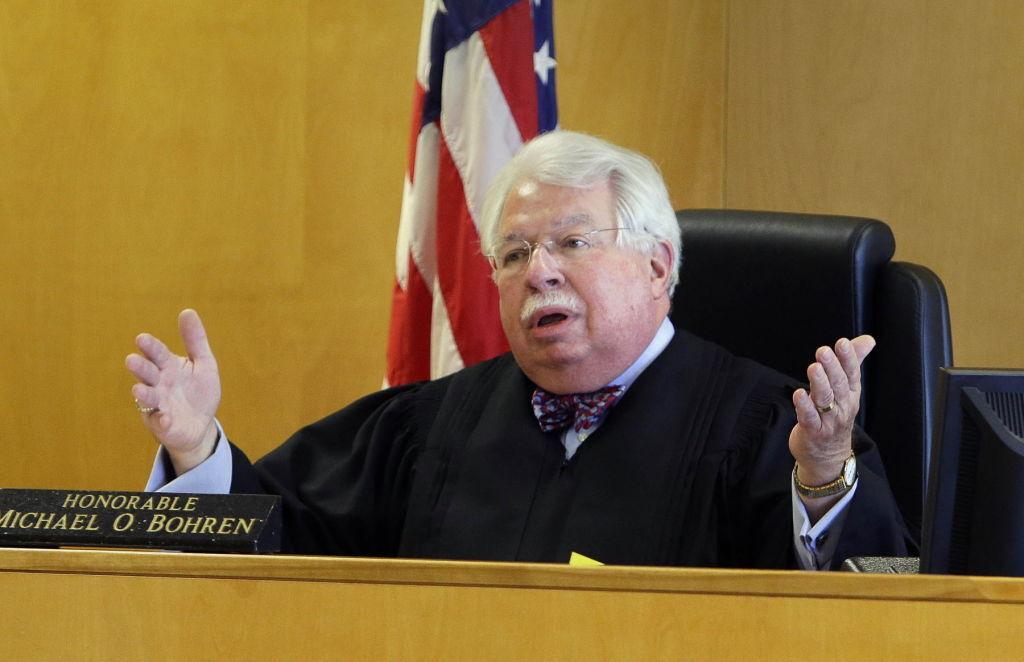
WMC has sought to block the DNR from requiring cleanup of unregulated “emerging contaminants,” including PFAS, which has polluted groundwater in sites across the state, including Madison, Marinette, La Crosse and Wausau.
The plaintiffs claimed the DNR is subverting the law by requiring polluters to clean up spills without first defining what substances are hazardous.
State law requires anyone responsible for spilling a hazardous substance to clean it up under the oversight of the DNR.
Under state law, a hazardous substance is anything “that can cause harm to human health and safety, or the environment, because of where it is spilled, the amount spilled, its toxicity or its concentration.”
That could mean toxic chemicals or substances like manure, fertilizer or even milk spilled in a creek.
Saying the DNR seems to make determinations “on a whim and a fancy,” Bohren said the agency must draft administrative rules in order to require cleanup.
But that process takes years and is subject to political interference, which supporters of the law say would prevent the DNR from stopping ongoing pollution, requiring cleanup or even forcing polluters to provide bottled water when wells are contaminated.
The Department of Justice said WMC's claims “border on the absurd,” noting that polluters have complied with the “spills law” for more than 40 years “all without any list from DNR stating which substances meet the statute’s broad definition of ‘hazardous substance.’”
Testing ordered
According to the complaint, Joanne Kantor and her late husband operated the dry cleaning business for more than four decades before she decided to retire and sell the property in 2018.
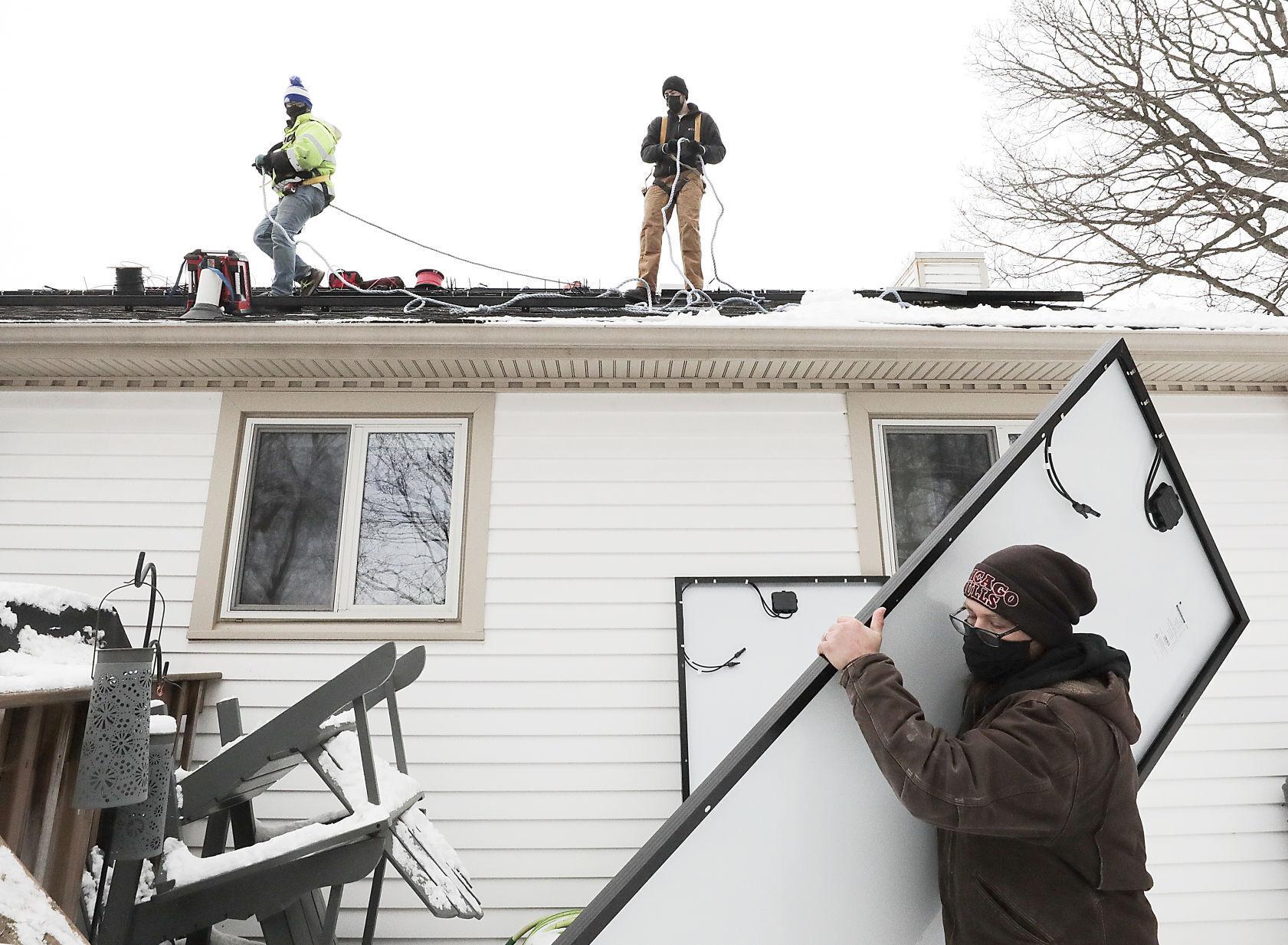
Kantor informed the DNR that the site was likely contaminated with volatile organic compounds and entered a voluntary remediation program.
According to court documents, the DNR approved a cleanup plan but required additional testing for PFAS, which were commonly used in dry cleaning, without specifying which of the thousands of compounds to target.
“DNR kept moving the goalposts,” attorney Delanie Breuer told the court. “They can decide unilaterally if something’s hazardous and then, poof, it’s a regulated contaminant.”

State responds
But the state said that’s a misreading of the law, which puts the burden of cleanup on polluters; the DNR’s enforcement role is secondary.
Johnson-Karp said the plaintiffs “essentially seek a permission slip for Leather Rich — and, by extension, anyone else in Wisconsin — to escape these undisputed statutory cleanup obligations, discharge toxic PFAS into the environment without consequence, and thereby threaten public health.”
Johnson-Karp argued the Legislature’s broad but unambiguous definition of hazardous substances precludes the sort of list WMC seeks, noting that polluters have adapted to the discovery of new hazards, such as PCBs.
“As science evolves the Legislature’s definition of hazardous substances still applies,” Johnson-Karp said. “What changes is the amount of knowledge of the world.”
The case is one of two WMC has brought against the DNR in an effort to fight the regulation of PFAS.
Earlier this year, a Jefferson County judge sided with the industry group, ruling the state has the authority to test wastewater but cannot bring legal action against polluters without first establishing water quality standards.
WMC has also opposed the DNR’s efforts to establish those regulations. In February, Republicans who control the DNR’s policy board voted down groundwater standards for two PFAS compounds and dozens of other contaminants.
Democratic Attorney General Josh Kaul last month sued Johnson Controls and Tyco Fire Products over the release of firefighting foam that has contaminated water in the Marinette area.
It’s not clear if Bohren’s ruling would affect that case.
“Every Wisconsinite should be able to count on the safety of their drinking water,” Kaul said in a written statement. “But if this decision remains in effect, state law’s protection of clean water would be substantially narrowed, endangering the health of Wisconsinites, and making it easier for polluters to escape accountability.”
Photos: Kickapoo Valley Forest School







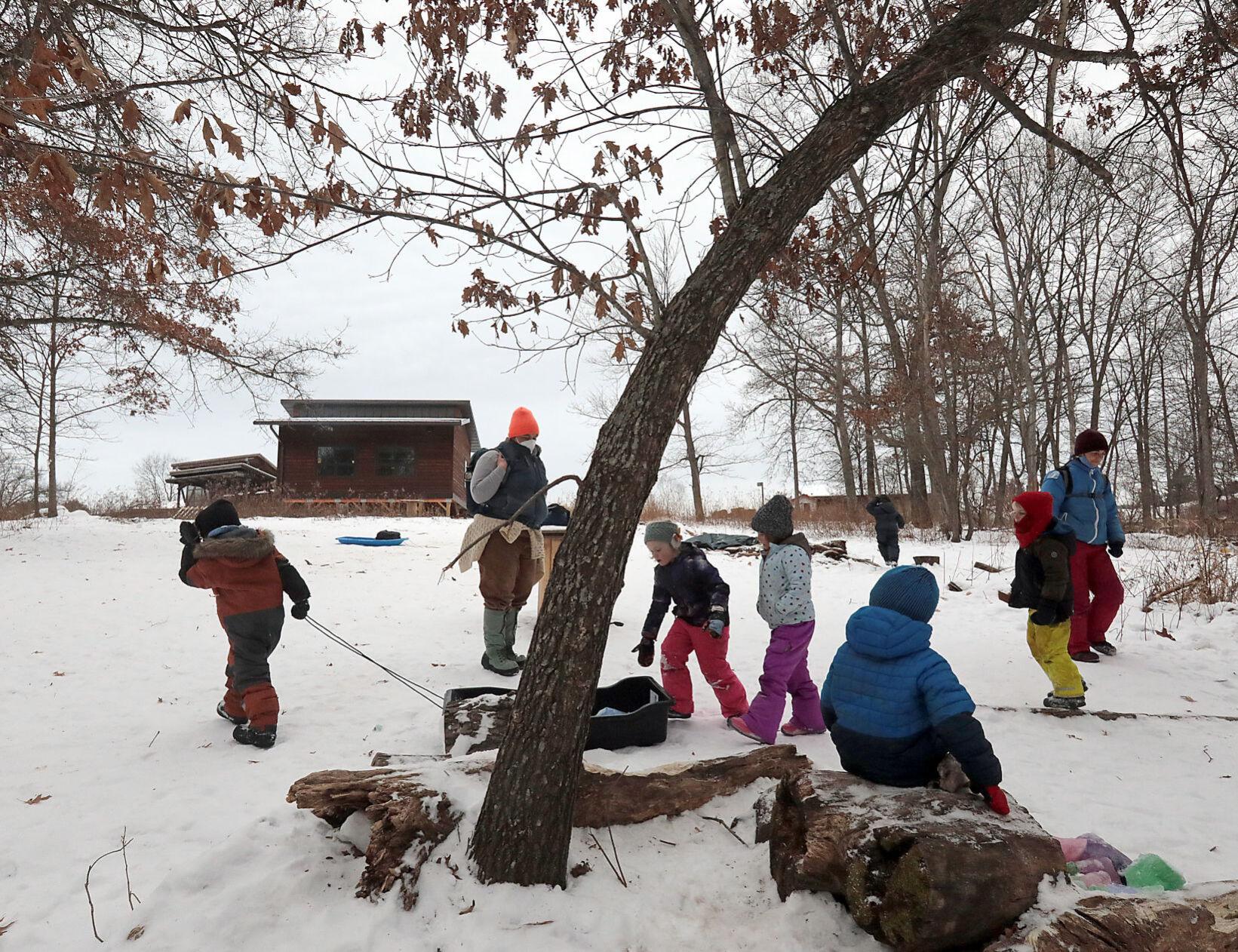





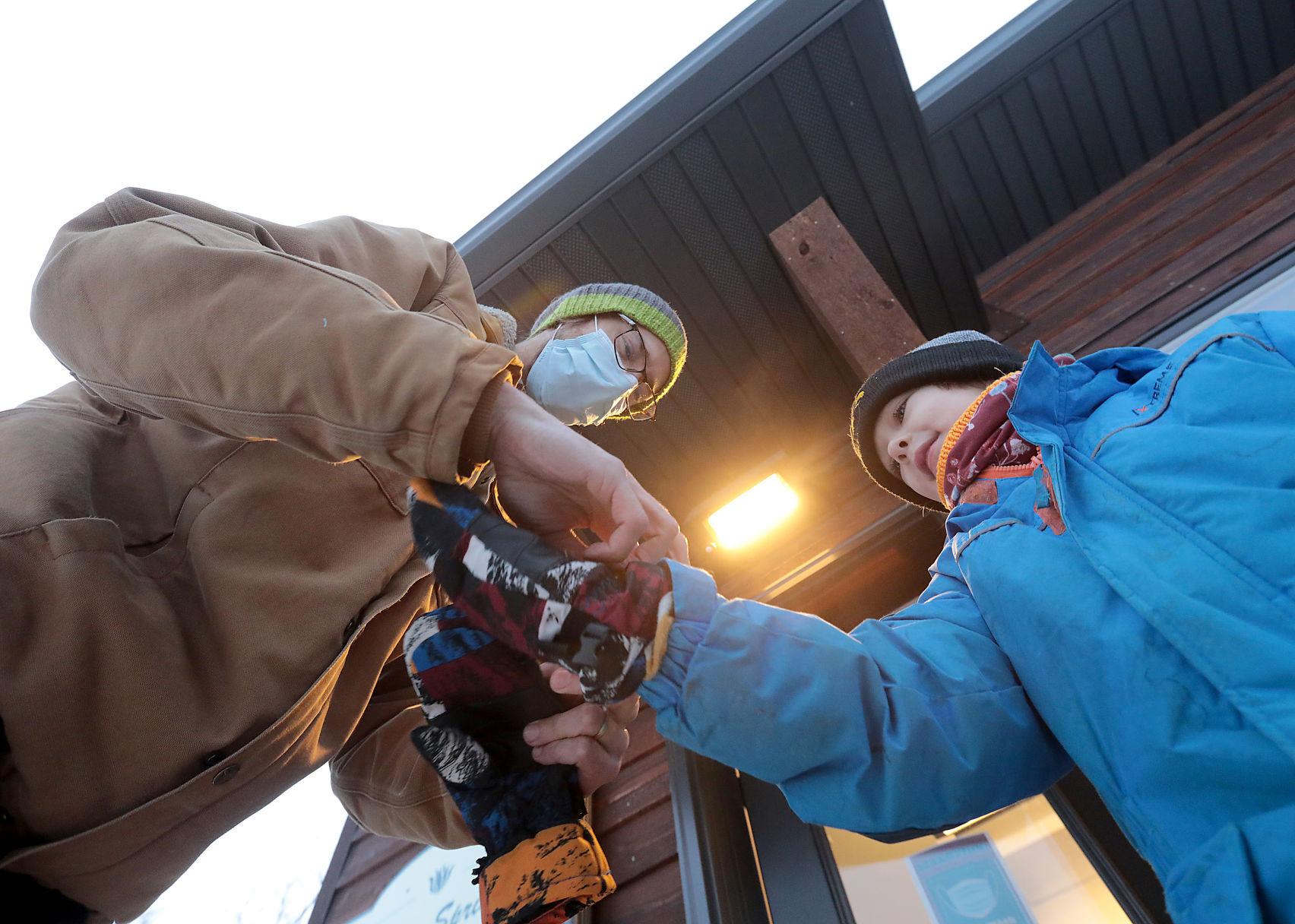




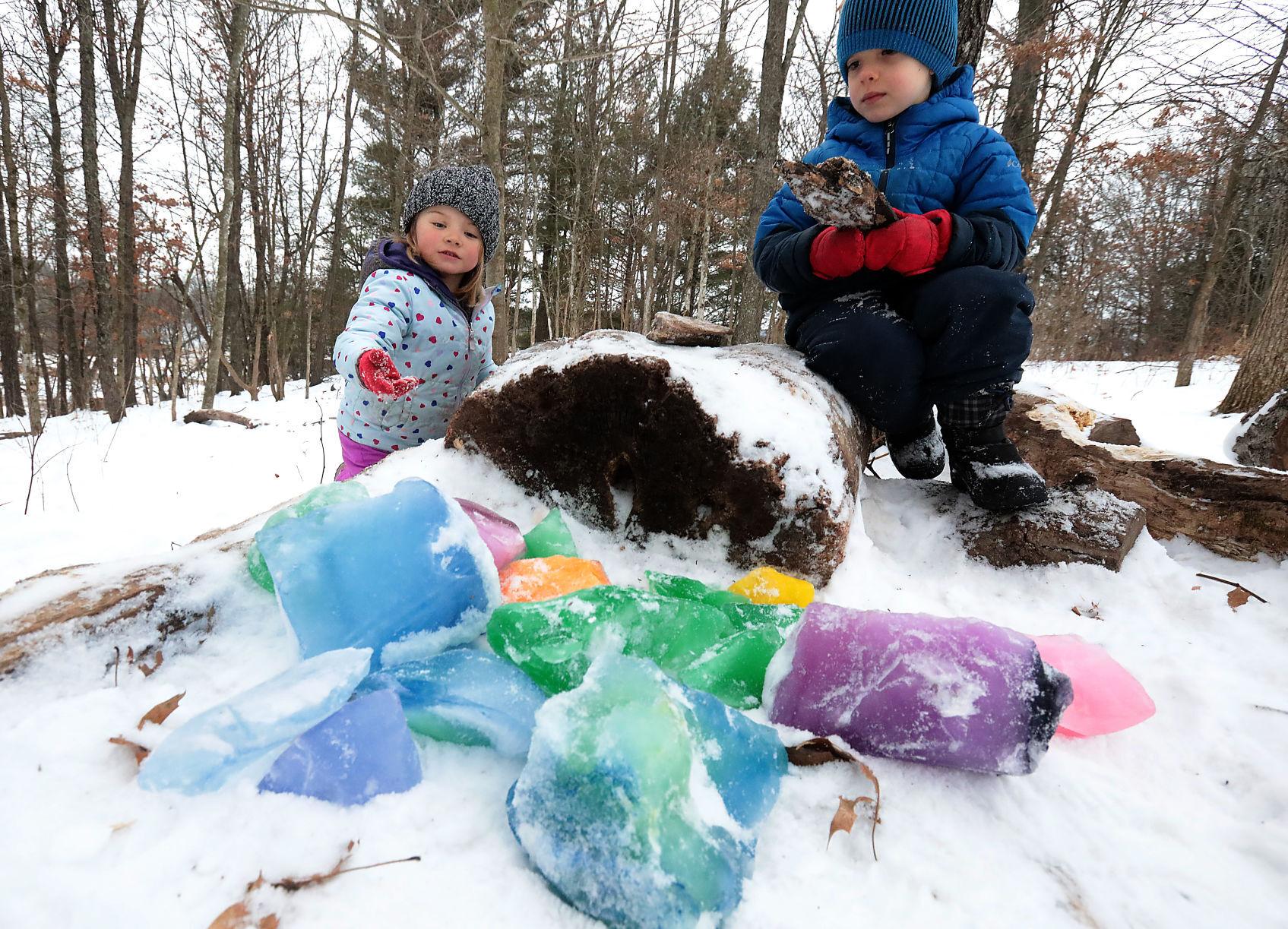

source: https://madison.com/news/local/environment/judge-says-dnr-cant-enforce-pollution-law-without-listing-hazardous-substances/article_b914dab3-775d-5382-8ea5-8c776473ff6a.html
Your content is great. However, if any of the content contained herein violates any rights of yours, including those of copyright, please contact us immediately by e-mail at media[@]kissrpr.com.

